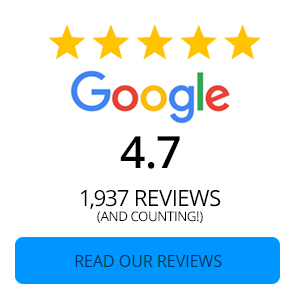What
is Phishing?
Phishing is a type of cyber attack
where scammers attempt to trick you into divulging sensitive information such
as account numbers, passwords, or other personal details. They often do this by
pretending to be a trustworthy source, such as your credit union.
How
Phishing Text Messages Work
Phishing text messages, or
"smishing" as they are sometimes called, may look like they come from
a legitimate source. They often include alarming messages designed to create a
sense of urgency or fear. For example:
- "URGENT: Your account has been compromised. Click
this link to secure your information."
- "We need to verify your account details
immediately. Reply with your credentials to avoid suspension."
- "Congratulations! You've won a prize. Click here
to claim it."
These messages may contain links
that lead to fake websites designed to steal your personal information or may
ask you to reply with sensitive data.
How
to Recognize Phishing Texts
- Unexpected Messages:
Be wary of unsolicited messages, especially those requesting personal or
financial information.
- Urgency and Threats:
Scammers often use urgent language or threats to pressure you into acting
quickly without thinking.
- Suspicious Links:
Avoid clicking on links from unknown or unexpected sources. Hover over any
link (without clicking) to check if the URL looks legitimate.
- Grammatical Errors:
Many phishing messages contain spelling or grammatical mistakes.
What
You Should Do
- Do Not Respond:
Never reply to or engage with phishing texts. Our credit union will never
ask for sensitive information via text message.
- Verify Contact:
If you receive a message claiming to be from us and it seems suspicious,
contact us directly using official phone numbers or email addresses. Do
not use any contact information provided in the message.
- Report Suspicious Messages: Forward any suspicious texts to us at contactus@mycvcu.org so we can take
appropriate action.
- Stay Informed:
Keep up-to-date with the latest security practices and watch for alerts
from your credit union regarding potential scams.
Protecting
Your Information
Regularly review your account
statements for any unauthorized transactions and change your passwords
periodically. Consider enabling two-factor authentication for an extra layer of
security.
We're
Here to Help
Your security is our top priority.
If you have any questions or concerns about phishing or your account security,
please do not hesitate to reach out to us. Our team is here to assist you and
ensure your financial information remains protected.

